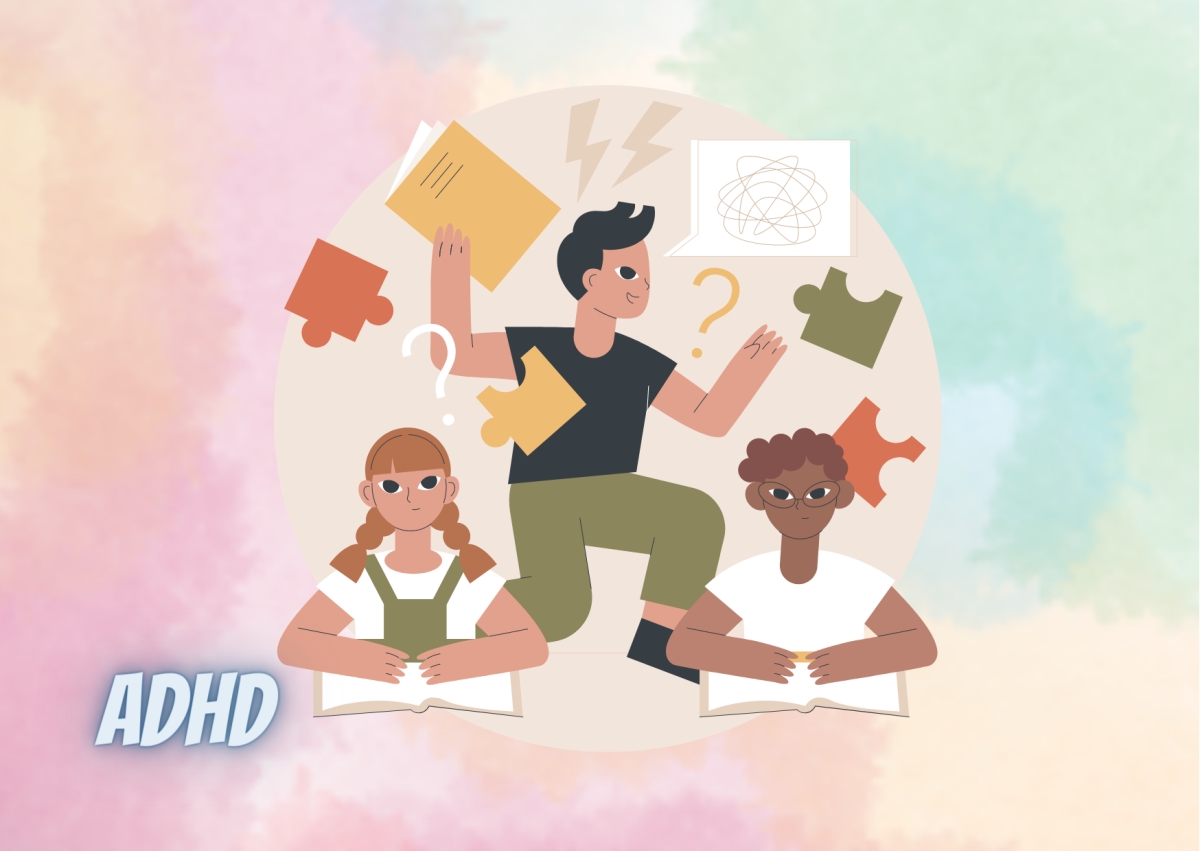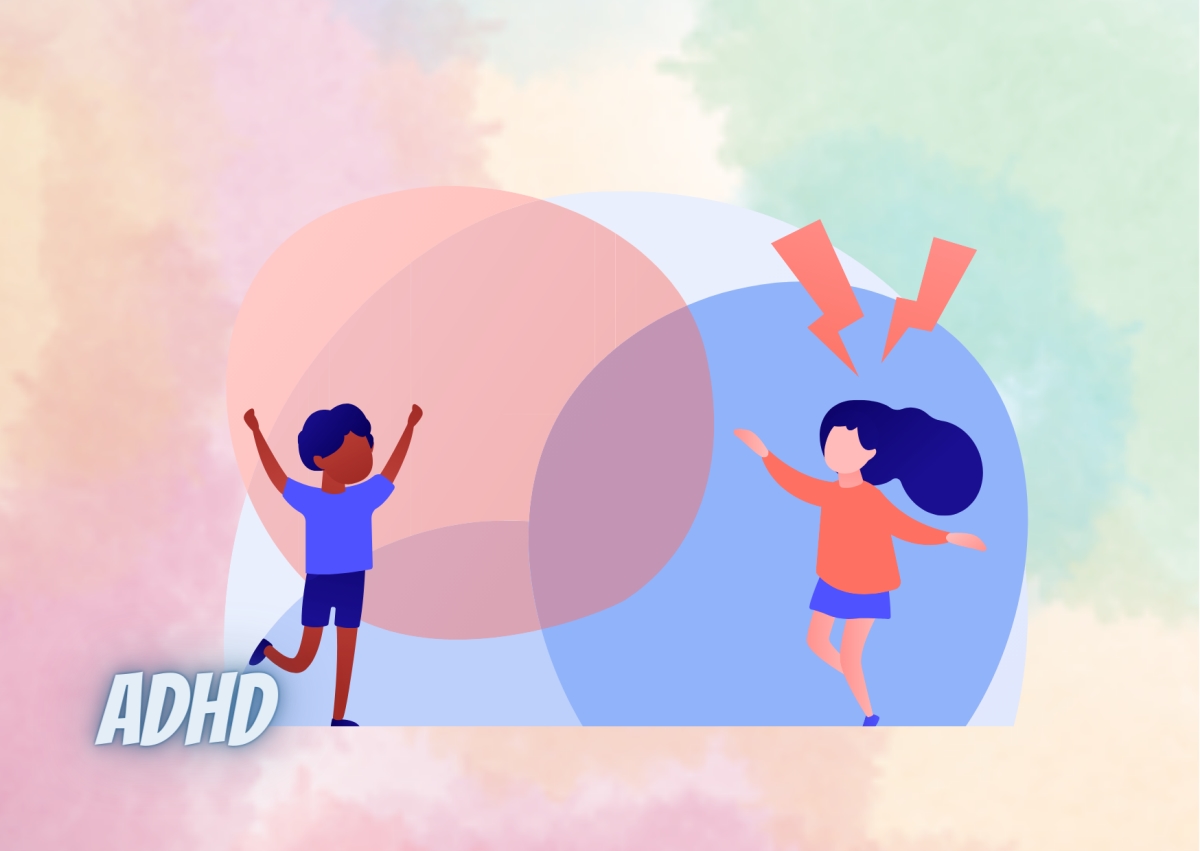Signs of ADHD
Attention deficit hyperactivity disorder (ADHD) is a common neurodevelopmental disorder that affects people of all ages. It’s characterized by symptoms such as inattention, hyperactivity, and impulsivity, which can impact a person’s ability to function in their daily life.
However, the signs of ADHD can be difficult to recognize, particularly in children, as many of the symptoms can be mistaken for normal behavior. Let’s take a closer look at the signs of ADHD, exploring the most common symptoms and how they can present in different age groups.
Whether you’re a parent concerned about your child’s behavior, or an adult struggling with ADHD symptoms yourself, this post aims to provide you with a better understanding of what to look for and when to seek help.
A neurodevelopmental illness, Attention-Deficit/Hyperactivity Disorder (ADHD) typically manifests in childhood but can be diagnosed at any age. A recurring pattern of inattention, hyperactivity, or both characterizes ADHD symptoms.
Here is a closer look at some of the most common signs of ADHD:
- Inattention: difficulty paying attention to details, trouble staying focused on tasks, easily distracted, forgetfulness, and losing things.
- Hyperactivity: restlessness, fidgeting, excessive talking, difficulty sitting still, and always on the go.
- Impulsivity: acting without thinking, interrupting others, difficulty waiting for their turn, and making impulsive decisions.
- Organization: difficulty organizing tasks and activities, messy workspaces, forgetfulness in daily activities, and procrastination.
- Emotional regulation: difficulty controlling emotions, mood swings, and sensitivity to criticism.
People with the inattentive form of ADHD frequently struggle to follow through, maintain concentrate on even straightforward tasks, have difficulty listening, and are quickly distracted. Those who exhibit the hyperactive form of ADHD frequently fidget with their hands or other objects, struggle to sit still or maintain their position while seated, and frequently interrupt other people when they are speaking.
All of the aforementioned symptoms are present in combination in people with a mixed presentation. Children with ADHD frequently experience scholastic difficulties as well as difficulties making friends and upholding appropriate social interactions as a result of these symptoms.
Suggestion for read: Children and ADHD
Can you treat or cure ADHD?
It has been demonstrated that treatment for ADHD works remarkably well. There are numerous approaches to treating ADHD, but a multidimensional strategy is the most successful and highly advised. According to research, taking medication can significantly lessen the symptoms of ADHD.
Although stimulant drugs like Adderall or Ritalin are most frequently used to treat ADHD, alternative non-stimulant drugs like Strattera have also been shown to be beneficial. Psychotherapy has also been shown to considerably aid people with ADHD, particularly when used in conjunction with medication.
Executive coaching is beneficial for ADHD sufferers who have trouble staying organized or managing their time. Despite the fact that ADHD cannot be “cured,” those who are treated can make great progress.
Kids’ ADHD therapy, Signs of ADHD
ADHD signs must be shown in two or more environments for a child to be diagnosed with the condition (home, school, with friends, etc.). As a result, in addition to the child themselves, it is crucial that the family and the child’s school be involved in their treatment for ADHD.

